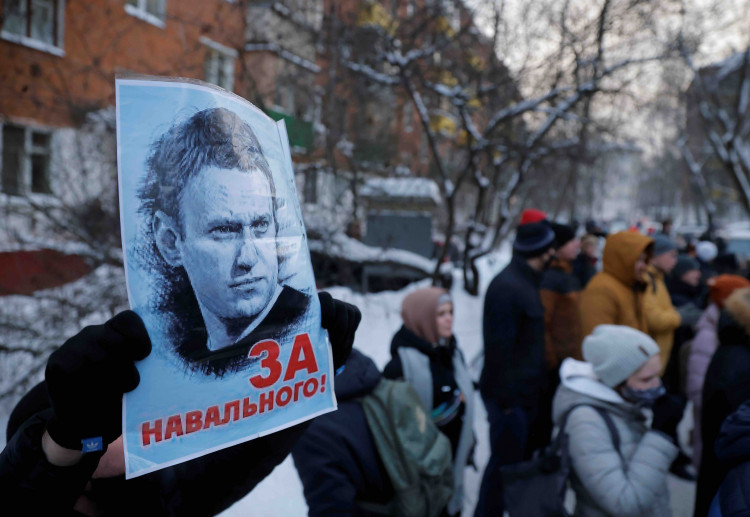More experts are concerned about the worsening health of Russian opposition leader Alexei Navalny. An international response is inevitable, they say.
The Russian Federal Penitentiary Service said this week Navalny was monitored daily at a regional hospital after he was moved from a prison. However, some are skeptical about his reported "satisfactory" condition.
U.S. national security adviser Jake Sullivan said recently "there will be consequences if Navalny dies" in Russian custody.
Sullivan said the U.S. government had told Russia the Kremlin would have to take responsibility if Navalny, who has been on a three-week hunger strike, dies as a result of lack of care by an independent doctor.
The European Union wants Russia to allow Navalny access to a doctor "he trusts" and the bloc is concerned the Kremlin critic's health continues to deteriorate.
Sullivan expects a response from the "international community."
Russian politicians have rallied behind Navalny and published an open letter to President Vladimir Putin. Representative for the Russian government Dmitry Peskov said most who signed the letter "have no information at all about whom and what this is all about."
Advocates and allies continue to speak up as reports emerge about the Navalny's alleged inadequate medical treatment.
Chairperson of the Boris Nemtsov Foundation for Freedom, Vladimir Kara-Murza, said the "Putin regime is trying to kill" Navalny.
Executive Director of Navalny's Anti-Corruption Foundation said the prison hospital to which the opposition leader was transferred couldn't provide "adequate level of care for his condition."
Navalny's attending physicians said they have written to the penitentiary service asking to examine Navalny because his latest test results indicated he was at risk of heart problems and renal failure.
The Russian government continues to be pressured by Navalny's supporters and allies at a time when the country's tensions with the United States are escalating. Multiple sanctions have been imposed on Russia over diplomatic ties and alleged human rights violations.
Last week U.S. President Joe Biden announced another round of sanctions some experts said were "weak" and would do little.
In an editorial for NBC News, deputy director of the Freeman Spogli Institute for International Studies at Stanford University, Kathryn Stoner, said sanctions "can take years" to affect the behavior of a state or nation.





